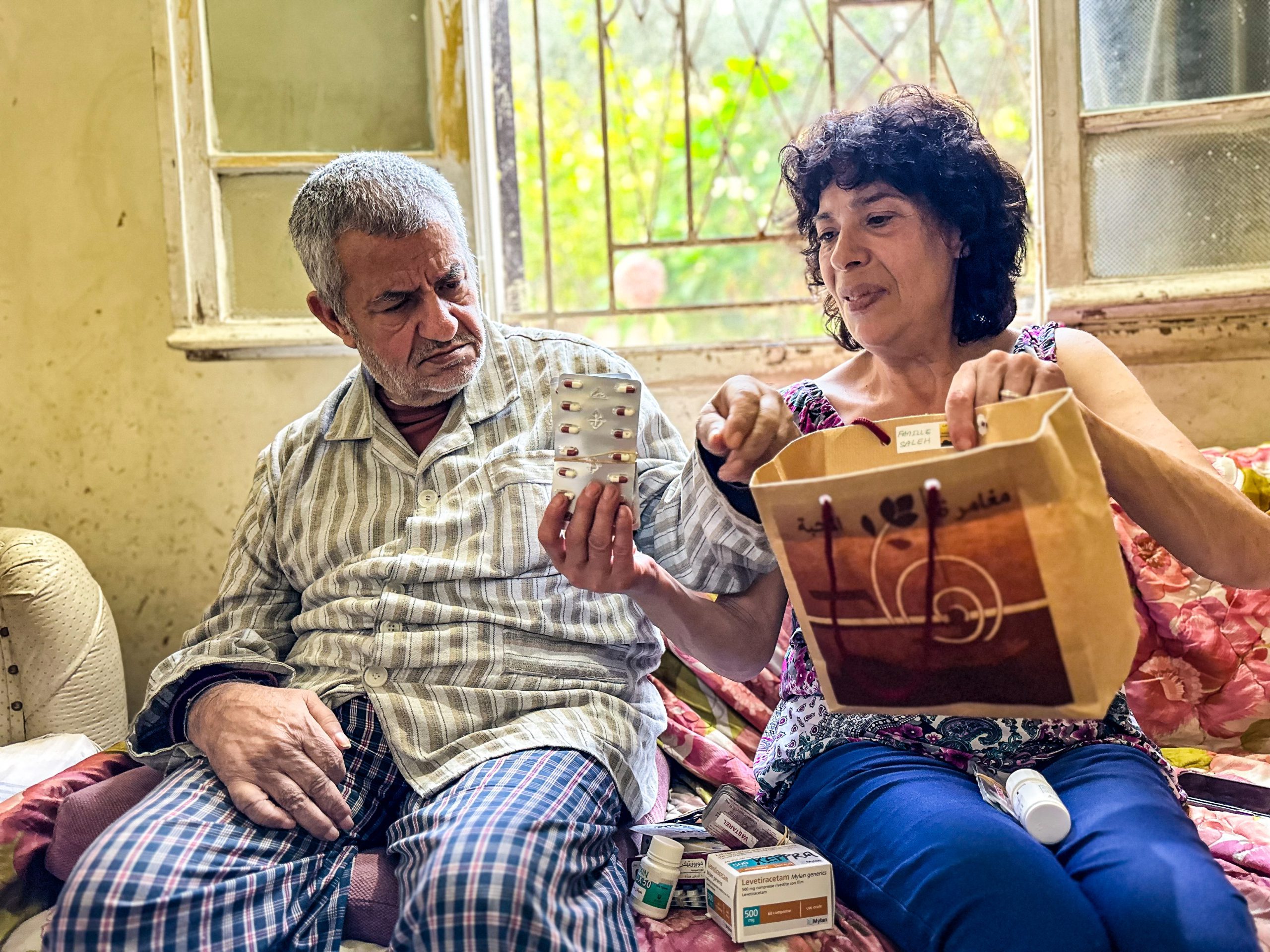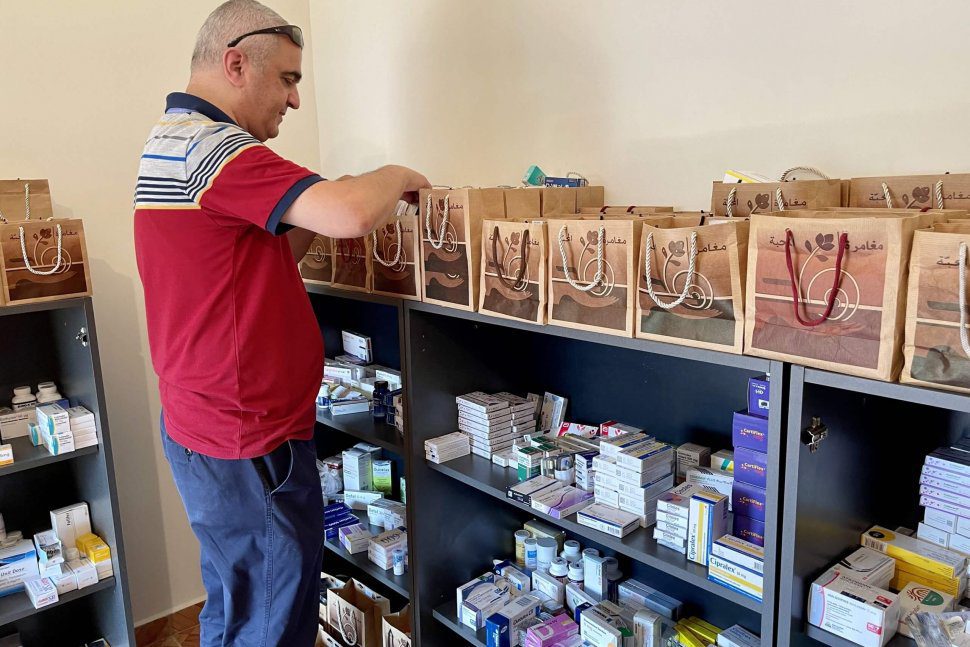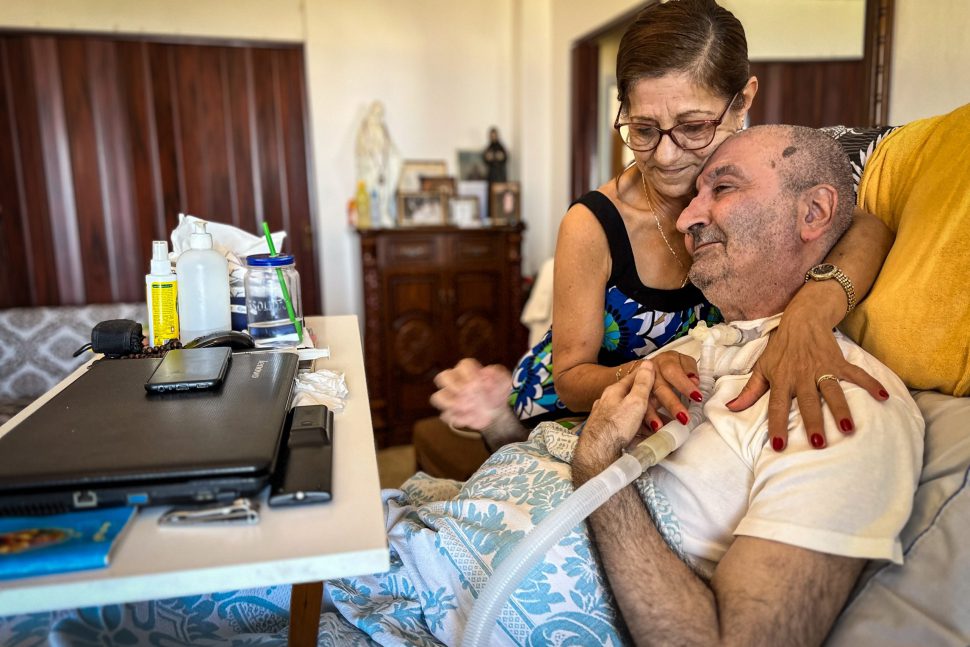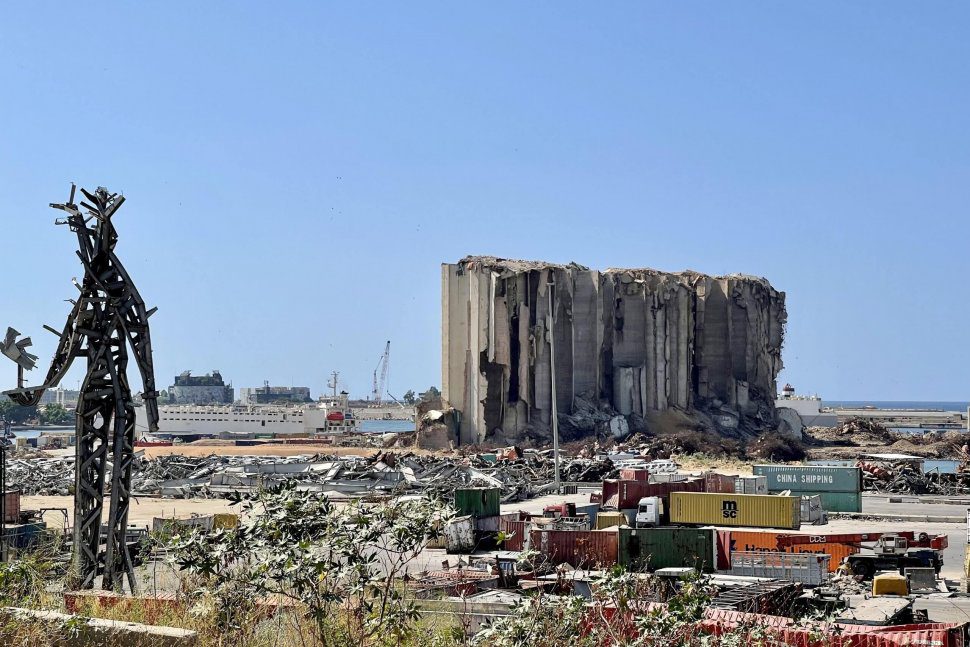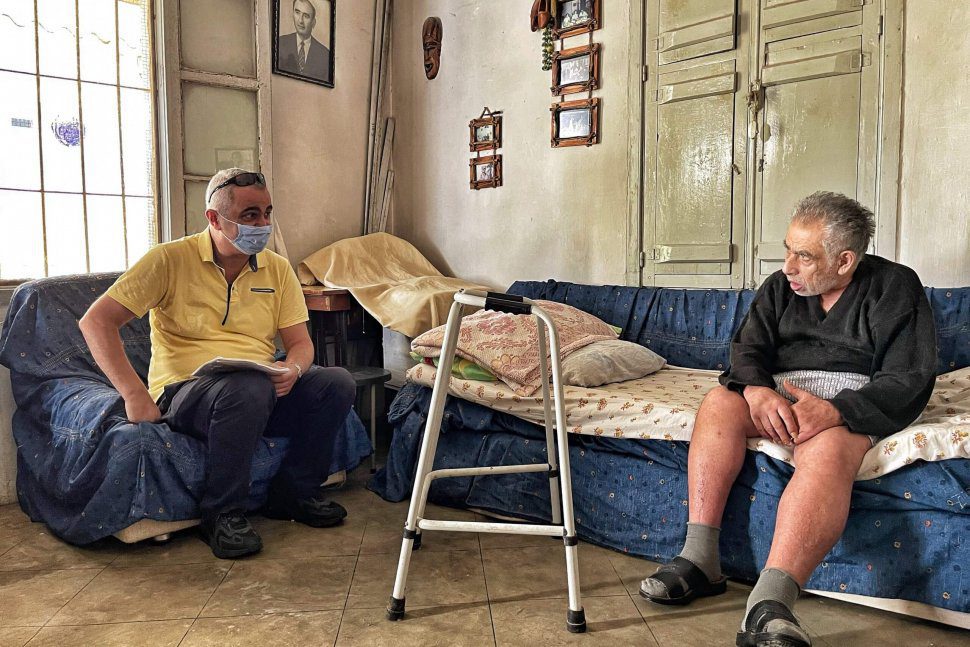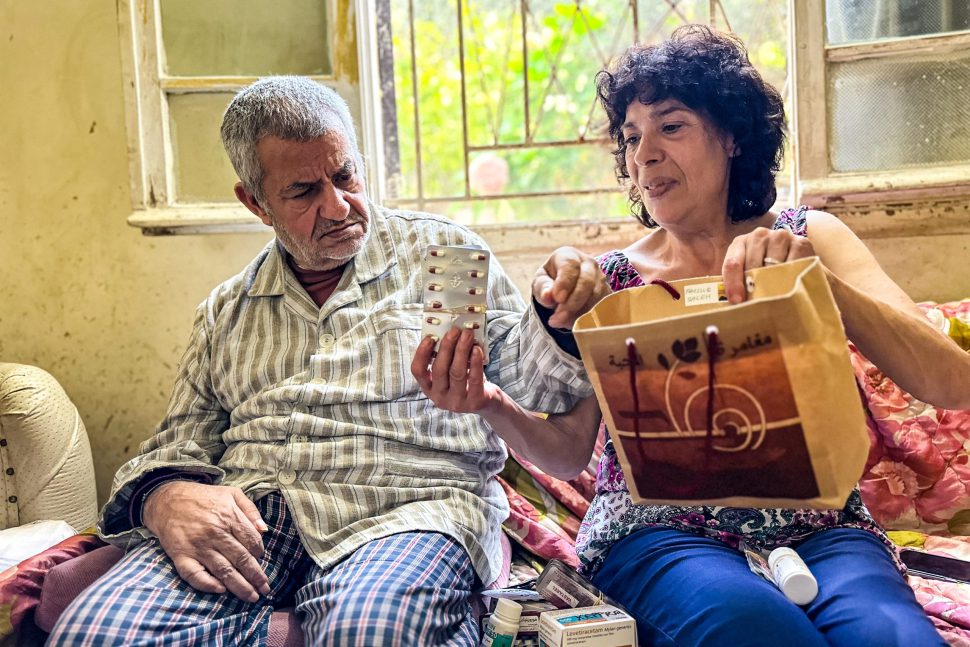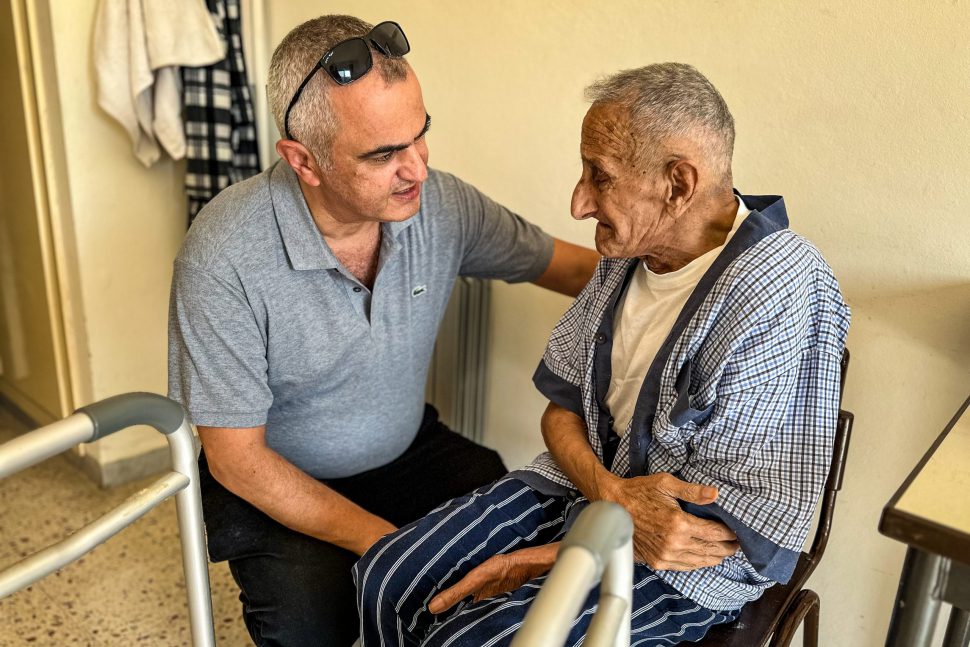
Lebanon
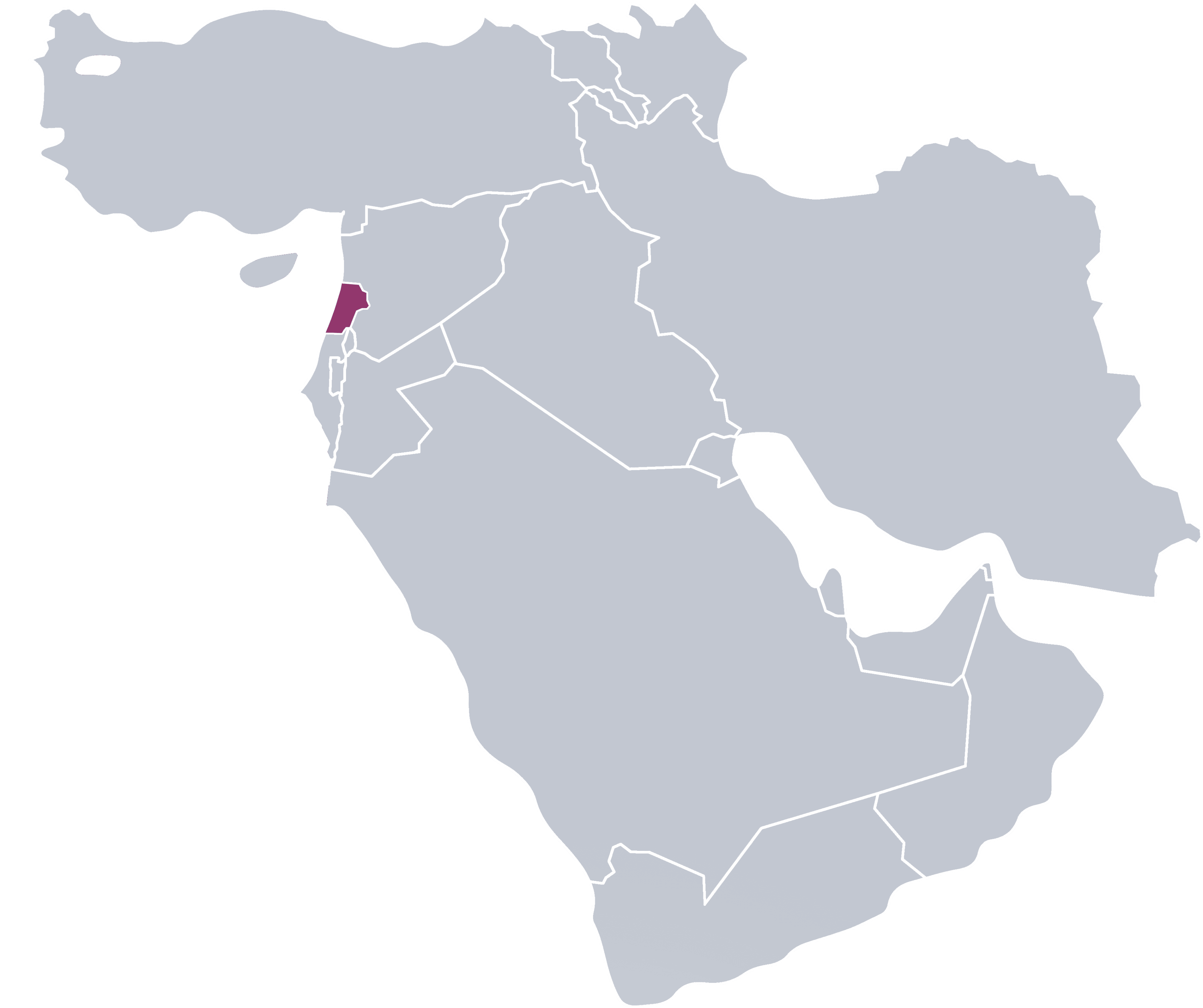
Escalating since October 2019, the political and economic crisis is driving Lebanon to the brink of bankruptcy. The tragic situation has been exacerbated by a gigantic explosion of chemicals stored in Beirut’s seaport in 2020. The middle class has virtually ceased to exist. Educated citizens are fleeing hyperinflation, unemployment which rises every month, power cuts and fuel shortages.
Overview:
- Since the beginning of the crisis, the Lebanese pound has lost more than 98% of of its value (as of 2024)
- Since October 2019, food prices have increased by over 1,000%
- GDP has dropped by 70-75% compared to its pre-crisis value.
- 80% of the Lebanese population (over 3 million people) live in poverty. Extreme poverty has affected 36% of Lebanese (1.38 million)
- There is a shortage of specialist medications across the country, and the price of basic ones is beyond the reach of the average Lebanese
- Prolonged power and fuel shortages (up to 22 hours a day) are paralysing the daily lives of the Lebanese
- It is the country with the highest number of refugees per capita (1.5 million Syrian refugees and 11,645 refugees of other nationalities)
- As a result of the bombings carried out by Israel, the number of internally displaced people reached over 1.2 million in October 2024
260
over 350
1000
The escalation of misfortune in Lebanon has been ongoing for five years. “It’s worse than yesterday, but probably better than tomorrow,” say helpless Lebanese people, as the country’s economic situation drags them into deeper circles of hell.
The explosion in Beirut in 2020 – the third most powerful man-made explosion in human history – was just the tip of the iceberg of all the problems in this small Middle Eastern country. On August 4, 2020, nearly 300,000 people lost their homes in a matter of seconds, 219 were killed and more than 7,000 were injured. However, the crisis unfolding here since 2019 may in the long run prove stronger and more devastating than the biggest blast of the century. Additionally, the situation in the country is becoming increasingly tense due to Iranian threats of retaliation against Israel. Lebanon itself could soon be caught in the flames of war, as Hezbollah, a Shiite group closely tied to Iran, plays a key role in the region.
“People have no money to support themselves. The country lacks food, fuel and basic medicines, and the price of one packet of paracetamol has already reached a tenth of the average Lebanese’s monthly salary”, says Dr Elias.
Dr Elias is a dentist. In addition to his work in his clinic, he has been running the “Adventure of Charity” association for 20 years, providing medicines to the poorest. But their number is increasing day by day and he is no longer able to help everyone. It is for him and those in his care that we decided to build another factory of GOOD right here in Lebanon.
Lebanon is going bankrupt by the day. In 2021, the World Bank declared the situation in Lebanon the worst economic collapse of a national economy in modern history.
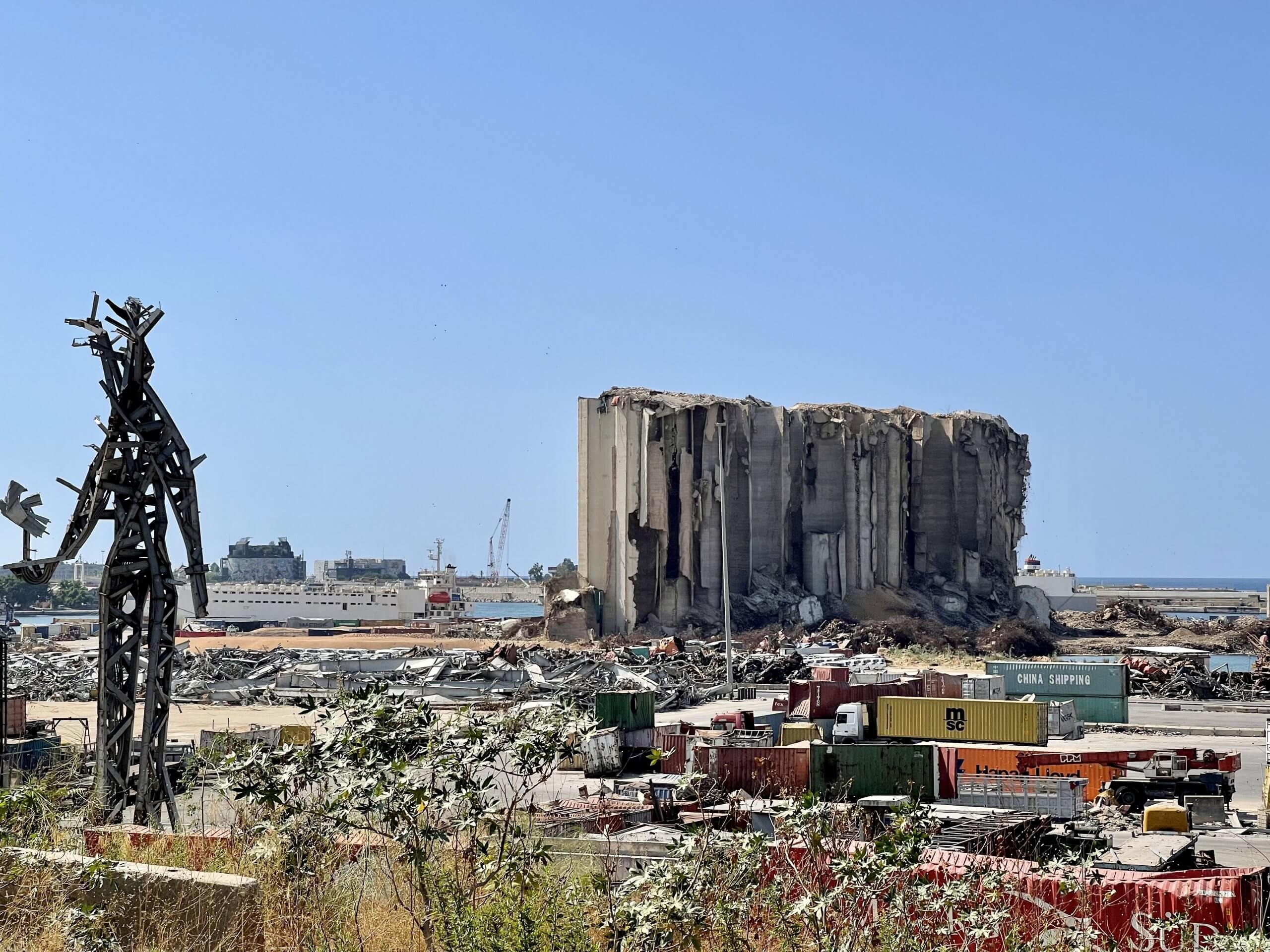
How does this look in practice?
The official exchange rate of the U.S. dollar to the Lebanese pound is currently around 89,500 LBP per 1 USD, compared to just 1,500 LBP before the crisis. In practice, most transactions now take place in U.S. dollars, as the local currency has lost almost all its value. Wages have not kept pace with inflation. Even though the minimum wage was raised in 2024 to 18 million LBP per month (approximately $200), it is only enough to cover a family’s basic needs for about two weeks. This basic minimum includes food and hygiene products but does not account for fuel for generators, which is also essential since the ongoing crisis limits electricity availability to a maximum of six hours per day.
The price of paracetamol, which once cost around 1,000 LBP, has now skyrocketed to approximately 150,000 LBP due to the devaluation of the Lebanese pound. While basic medicines are still available in pharmacies, purchasing them has become comparable to acquiring luxury goods. Essential medicines for chronic illnesses are inconsistently stocked—sometimes available, sometimes not—due to disrupted supply chains caused by the worsening economic situation. As a result, more and more people are forced to rely solely on humanitarian aid or resort to purchasing questionable-quality medication on the black market.
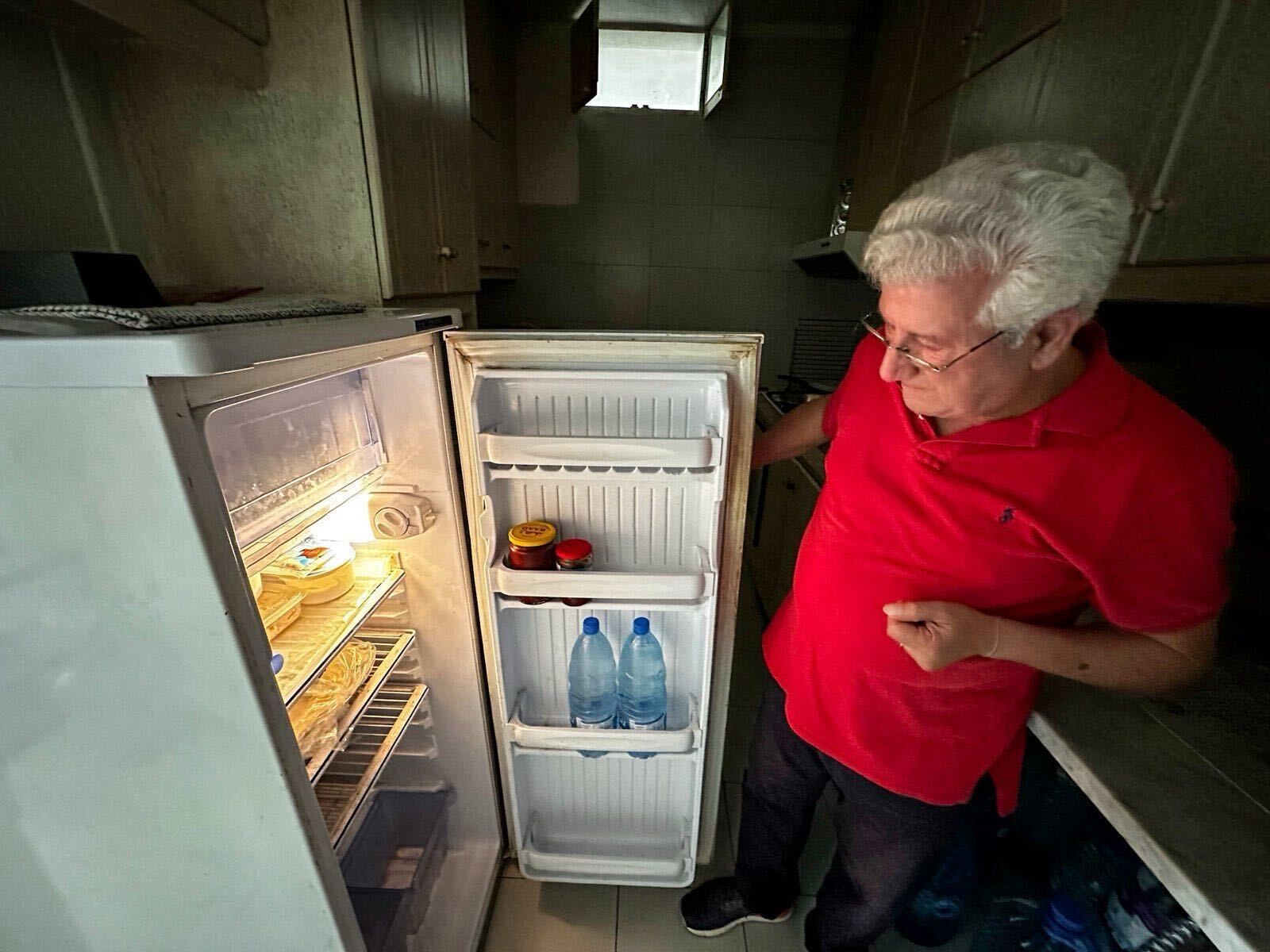
How does the project work?
Adventure of Charity reaches 260 patients. These are mostly chronically ill people. Doctor Elias is constantly looking for new ways to get the necessary medicines in Lebanon or abroad.
We give our patients their help discreetly, wrapped in a gift bag. In addition to medicines, we try to give everyone what they need. Increasingly, these are also food products, cleaning and personal hygiene products. We deliver the necessary medicines and articles to the home of each person whom we are helping.
It is difficult to understand the situation of the Lebanese people based on figures alone, because these have no face. The 1000% increase in food prices, the 90% loss of value of the Lebanese pound, or the poverty already experienced by 80% of the population are just numbers. However, it is enough to look into the eyes of the sick and helpless like Zoya, Lauda or Paul, whom we visited, and all other patients of Dr. Elias, to understand just how dire a situation the Lebanese people are in.
We really hope that you will stand shoulder to shoulder with us and help us respond to the needs of people who, without supplies of medicine, food and the most basic of products, will not survive the coming months.
What is most needed, of course, is medication. Buying what is still available in the country forces Elias to raise about $4-5,000 a month. This is difficult, because those who used to help him with donations are now asking for help themselves. We had no doubt that the next factory of GOOD had to be established right here. We sent Dr Elias a message that we are going to fight together with him to ensure the basic needs of those in his care.
